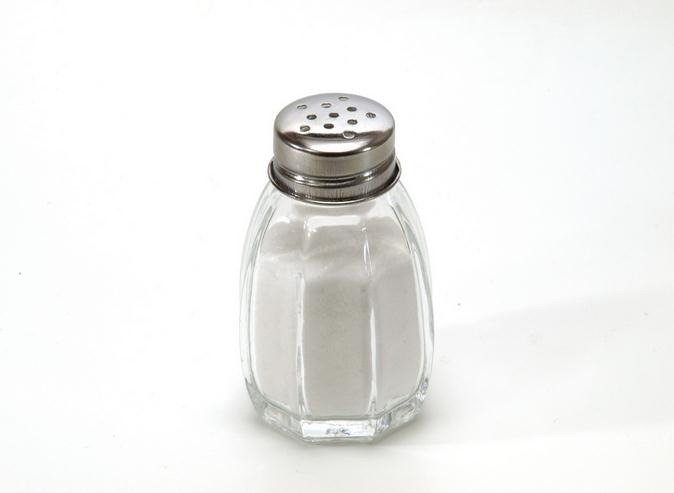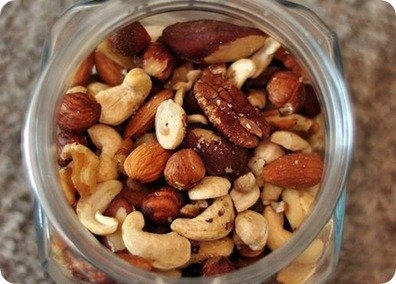According to a new study, salt does not cause high blood pressure, which would overturn one of the most entrenched medical beliefs. What is true about that?

It has always been associated that an excessive consumption of salt through our diet is one of the main culprits of the increase in high blood pressure (or, what is the same, of the appearance of what is known as arterial hypertension). In fact, if at any time your blood pressure has been high or through the roof, I have no doubt that your doctor’s first recommendation was to eliminate salt from your diet, right?
Not in vain, apparently, until now the scientific studies that had been carried out to try to relate sodium consumption with the increase in blood pressure demonstrated this: it increases the risk of suffering from arterial hypertension, while saturating the kidneys and cause them to malfunction.
However, what would you think if this was actually not entirely true? These appear to be the conclusions of a new scientific study in which data from 8,670 French adults were analyzed.
In it, it was found that salt consumption was not associated with an increase in systolic blood pressure in both men and women, after controlling for other related factors such as age (age is one of the causes that increases risk hypertension, since blood pressure tends to rise over the years).
When is there hypertension? When blood pressure is above 140/90 mm / Hg (140 mm / Hg systolic pressure and 90 mm / Hg diastolic pressure).
According to scholars, apparently the relationship between salt and blood pressure has so far been “exaggerated”, and much “more complex than previously believed.”
They indicate that although the study did not find a statistically significant association between blood pressure and sodium intake in the diet, they did find that patients who were hypertensive did consume significantly more salt than those who did not have hypertension. However, as other research would have found, it appears that salt affects people differently.
Regarding the factors that do seem to influence the increase in blood pressure, the researchers highlight the consumption of alcohol, the increase in age and a BMI above what is recommended according to weight, sex, age and height of the person (find out your Body Mass Index with our BMI calculator ).
However, we must warn that the results obtained in this research strongly clash with the American CDC (Center for Disease Control and Prevention), which firmly believes that salt directly influences blood pressure, since “a large majority scientific research confirms that when sodium is reduced so does blood pressure ”.
Salt does cause other health problems, such as fluid retention or an increased risk of heart disease.
While scholars do not seem to agree, the best thing to do is always avoid excessive consumption of salt in our daily diet, preferably opting for other healthier and more natural options, such as aromatic herbs and spices as a way to add more flavor to your dishes. In relation to diet, the study found that a diet rich in fresh fruits and vegetables would be associated with the maintenance of lower blood pressure. It is also essential to follow a healthy lifestyle, and reduce our weight if you are overweight or obese (in short, it is the most effective option when it comes to reducing your blood pressure).
And it is that at least there are other disorders and health problems caused by excessive consumption of salt, such as fluid retention or increased risk of suffering from heart disease, cerebrovascular accidents and saturation of the kidneys.































